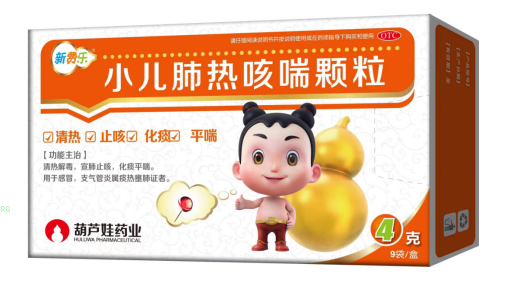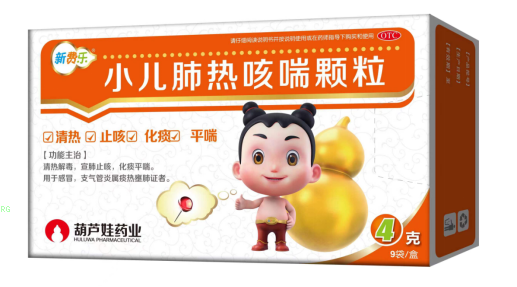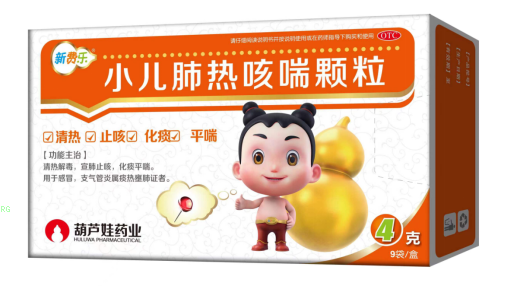With the improvement of people's living standards, diabetes has gradually become a common chronic disease, and high blood sugar is one of its main characteristics. For patients with diabetes, it is very important to choose appropriate hypoglycemic drugs. So what medicine is effective for lowering blood sugar when blood sugar is high?
The current antidiabetic drugs are divided into traditional antidiabetic drugs and new antidiabetic drugs. As a new antidiabetic drug, the DPP-4 inhibitor represented by Pingrunning Liggliptin has significant efficacy and is relatively safer. It is known as the "most intelligent antidiabetic drug" and has become an ideal choice for the majority of diabetes patients.
1. Common traditional hypoglycemic drugs
Biguanide drugs: Representative drugs include metformin, etc. These drugs mainly lower blood sugar by inhibiting liver glucose output, improving peripheral tissue sensitivity to insulin, and increasing glucose uptake and utilization.
Sulfonylurea drugs: Representative drugs include glibenclamide, gliclazide, etc. This type of medication mainly lowers blood sugar by stimulating pancreatic beta cells to release insulin.
α - glucosidase inhibitors: Representative drugs include acarbose, voglibose, etc. These drugs mainly lower blood sugar by inhibiting the activity of alpha glucosidase and slowing down the absorption of carbohydrates in the intestine.
Thiazolidinedione drugs: Representative drugs include Rosiglitazone, Pioglitazone, etc. These drugs mainly act by activating peroxisome proliferator activated receptor gamma, increasing the sensitivity of target tissues to insulin action and reducing blood sugar.
Gliglinide drugs: Representative drugs include regorazine, nateglinide, etc. This type of medication mainly lowers postprandial blood sugar by stimulating early secretion of insulin. In recent years, dipeptidyl peptidase-4 (DPP-4) inhibitors, represented by Pingrunning Ligliptin, have attracted much attention in hypoglycemic treatment. DPP-4 inhibitors are a new type of hypoglycemic drug that improves insulin secretion and lowers blood sugar by inhibiting the activity of DPP-4 enzyme and increasing the activity of endogenous glucagon like peptide-1 (GLP-1). Compared with traditional hypoglycemic drugs, DPP-4 inhibitors have the following advantages:
Significant hypoglycemic effect: DPP-4 inhibitors can effectively lower blood sugar levels, especially postprandial blood sugar, allowing patients to control blood sugar faster.
High safety: DPP-4 inhibitors have fewer adverse reactions, good tolerance, and long-term cardiovascular safety.
Protective effect on pancreatic islet beta cells: DPP-4 inhibitor can protect pancreatic islet beta cells, reduce the damage of diabetes to pancreatic islet beta cells, and help delay the development of diabetes.
Easy to take: The method of taking DPP-4 inhibitors is simple, usually once a day, making it convenient for patients to adhere to treatment for a long time.
Reduce cardiovascular risk: research shows that DPP-4 inhibitors can reduce the cardiovascular risk of patients with diabetes and reduce the occurrence of cardiovascular events. In addition, the unique pharmacokinetic properties of SEP enable it to lower blood sugar levels without affecting patient weight or reducing proteinuria, further enhancing its therapeutic efficacy.
The above is an introduction about "What medicine has a good hypoglycemic effect for high blood sugar", hoping to be helpful to everyone!






Comments (0)
Leave a Comment
No comments yet
Be the first to share your thoughts!